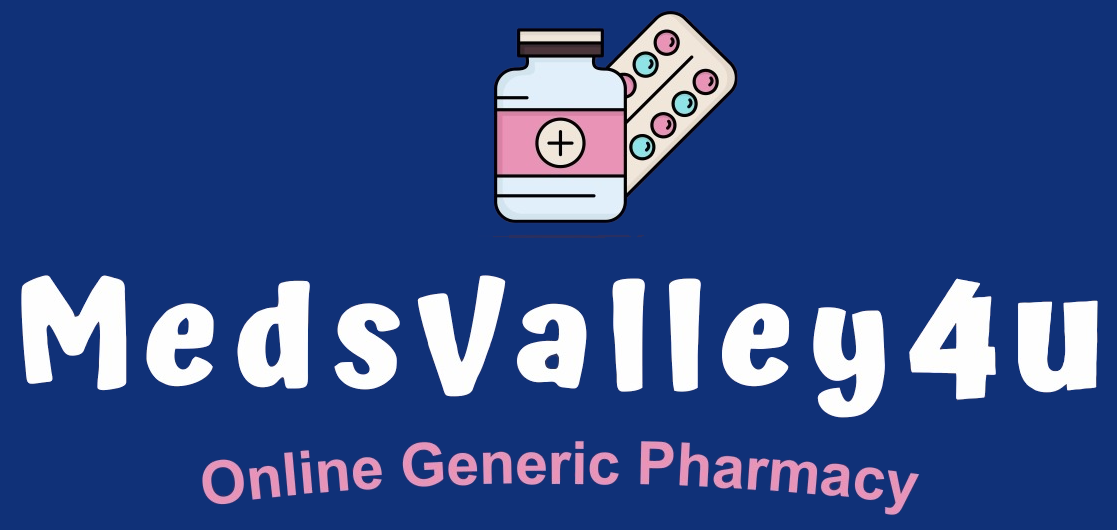Sex After a Heart Attack
Having sex after a heart attack is a topic that concerns many individuals recovering from this serious event. The impact of sexual activity on heart health depends on various factors, including the severity of the heart attack, the individual’s overall health, and the guidance provided by healthcare professionals. Here’s a detailed explanation of the considerations and recommendations:
1. Understanding the Risks
- Physical Exertion: Sexual activity involves physical exertion, which can place stress on the heart. After a heart attack, the heart needs time to heal and recover, and strenuous activities might increase the risk of complications if not managed properly.
- Emotional Factors: The emotional and psychological stress associated with resuming sexual activity can also impact heart health. Anxiety about the potential for a heart attack during sex may affect both physical and emotional well-being.
2. When is it Safe to Resume Sexual Activity?
- Medical Clearance: It’s crucial to get medical clearance from a healthcare provider before resuming sexual activity. This ensures that the heart has healed sufficiently and that the patient is ready to handle the physical and emotional demands of sex.
- General Guidelines: Typically, many people are advised to wait around 2 to 6 weeks after a heart attack before resuming sexual activity. However, this timeframe can vary based on individual health conditions and recovery progress.
3. Factors to Consider
- Severity of the Heart Attack: Individuals who experienced a mild heart attack and are in good overall health may be able to resume sexual activity sooner than those who had a more severe heart attack or have significant underlying heart conditions.
- Medication and Treatment: The medications prescribed post-heart attack, such as blood thinners or medications for heart function, may influence sexual activity. It is important to discuss any concerns with a healthcare provider to understand how these medications might affect sexual activity.
- Physical and Emotional Readiness: Both partners should feel physically and emotionally ready. The recovering individual should be able to engage in mild to moderate physical activities without experiencing symptoms such as chest pain, shortness of breath, or extreme fatigue.
4. Assessing Exercise Tolerance
- Gradual Resumption: Start with light activities and gradually increase intensity as tolerated. This approach can help gauge the heart’s ability to handle increased physical exertion and help identify any issues before engaging in more strenuous activities.
- Exercise Testing: Some healthcare providers may recommend an exercise test (stress test) to evaluate how well the heart handles physical exertion. The results can provide guidance on when it is safe to resume sexual activity.
5. Communicating with Your Partner
- Open Dialogue: It’s important for both partners to communicate openly about concerns, fears, and expectations regarding resuming sexual activity. Emotional support and understanding from a partner can be beneficial during the recovery process.
- Adjustments: Be prepared to make adjustments to sexual activity based on comfort levels and physical capabilities. Finding positions or techniques that are less strenuous can help make the experience more comfortable.
6. Recognizing Warning Signs
- Monitoring Symptoms: Pay attention to any symptoms during or after sexual activity, such as chest pain, dizziness, or shortness of breath. If any of these symptoms occur, seek medical attention immediately.
- Emergency Plan: Ensure that there is a plan in place for dealing with potential emergencies. Knowing how to react if symptoms arise can provide peace of mind and ensure safety.
7. Long-Term Considerations
- Lifestyle Changes: Adopting a heart-healthy lifestyle, including regular exercise, a balanced diet, and stress management, can improve overall heart health and potentially enhance sexual well-being in the long term.
- Regular Check-ups: Ongoing follow-up with a healthcare provider is essential to monitor heart health and adjust treatment plans as needed. Regular check-ups can help ensure that sexual activity remains safe and enjoyable.
Here are some frequently asked questions (FAQs) related to whether having sex after a heart attack can be harmful:
1. Is it safe to have sex after a heart attack?
- Answer: It can be safe to resume sexual activity after a heart attack, provided you have received medical clearance from your healthcare provider. It’s essential to follow their guidance based on your individual health status and recovery progress.
2. When can I resume sexual activity after a heart attack?
- Answer: Many healthcare providers recommend waiting about 2 to 6 weeks after a heart attack before resuming sexual activity. The exact timing may vary depending on the severity of the heart attack and your overall recovery.
3. What factors determine if I can safely have sex after a heart attack?
- Answer: Factors include the severity of the heart attack, your overall health, your ability to handle physical exertion, the medications you are taking, and your emotional readiness. Your healthcare provider will assess these factors to determine when it is safe for you to resume sexual activity.
4. How can I prepare for resuming sexual activity after a heart attack?
- Answer: Ensure you have medical clearance, start with light physical activities to assess your tolerance, and communicate openly with your partner. You might also consider discussing any concerns or adjustments needed with your healthcare provider.
5. What should I do if I experience chest pain or other symptoms during sex?
- Answer: If you experience chest pain, dizziness, shortness of breath, or other concerning symptoms during or after sex, stop immediately and seek medical attention. These symptoms could indicate that your heart is under stress.
6. Can medications after a heart attack affect my ability to have sex?
- Answer: Some medications prescribed after a heart attack, such as blood thinners or medications for heart function, may have side effects that impact sexual activity. Discuss any potential effects with your healthcare provider to understand how they might affect you.
7. How can I manage anxiety about having sex after a heart attack?
- Answer: Open communication with your partner and your healthcare provider can help manage anxiety. Understanding the recovery process, setting realistic expectations, and addressing any fears or concerns with a counselor or therapist can also be beneficial.
8. What are the warning signs that sexual activity might be too strenuous after a heart attack?
- Answer: Warning signs include chest pain, shortness of breath, dizziness, or extreme fatigue. If you experience any of these symptoms during or after sex, it’s important to stop and seek medical advice.
9. How can I ensure that my sexual activity remains safe as I recover?
- Answer: Follow your healthcare provider’s recommendations, monitor how your body responds to physical activity, and make any necessary adjustments to sexual activity based on your comfort level and physical capability.
10. Should I avoid sexual activity entirely after a heart attack?
- Answer: Avoiding sexual activity is generally not necessary if you follow medical advice and are in good health. It’s important to approach resuming sexual activity with caution, communicate with your healthcare provider, and make adjustments as needed based on your recovery.
Related Articles:-
Which Medicines Are Effective for Treating Erectile Dysfunction?
The Primary Six Causes Of Male Erectile Dysfunction
What Women Feel And Think About Sexual Desire?
Is Erectile Dysfunction Associated With Heart And Blood Vessel Disease?
The Top 10 Male Advantages Of Almonds And Walnuts
Are Pineapples Safe For Diabetes Patients to Eat?
What Are the Effects of Tadalafil on Kidneys?
Conclusion
Having sex after a heart attack can be safe and fulfilling when approached with appropriate precautions and medical guidance. It’s essential to get clearance from a healthcare provider, consider individual health status, and communicate openly with your partner. By following medical advice and monitoring your body’s response, you can resume sexual activity in a way that supports your heart health and overall well-being.







Write a comment
Your email address will not be published. All fields are required